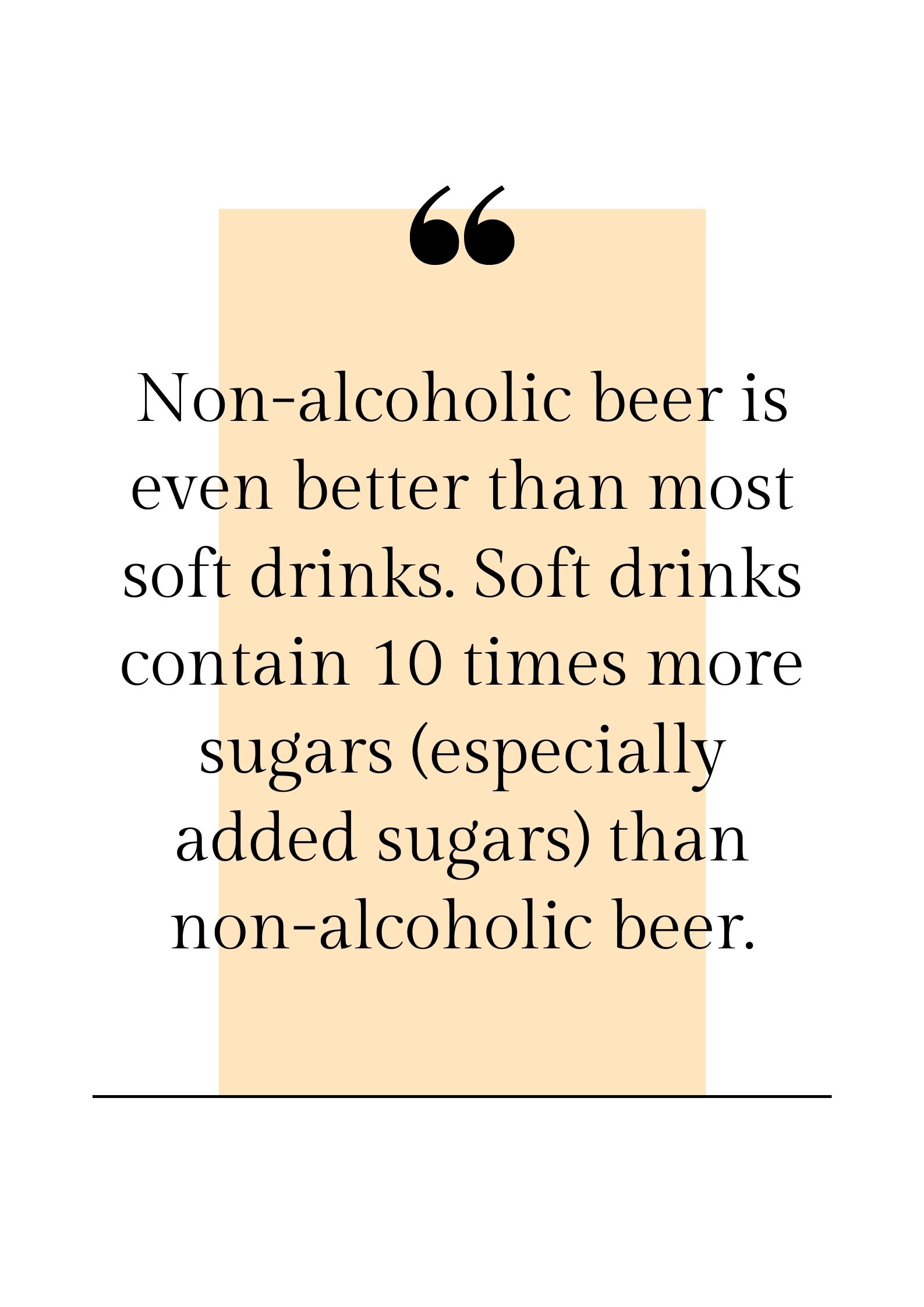Everything you need to know about NON-Alcoholic beer
Posted in Blog

It is often said that weak beer was drunk in preference to dirty water in European towns during the middle ages. This fact is probably overstated, but the idea that beer was nutritionally important in the medieval period seems more likely. Weaker, so-called “small beers” would have been low in alcohol but a valuable source of energy and nutrients, helping medieval labourers meet their high energy requirements of 3,000 calories a day.
The industrialisation of brewing led to higher alcohol levels in modern beers, which together with their energy and carbohydrate content means beer is now associated with poor health. Growing concerns about the health effects of excessive beer consumption has driven increased interest in no-alcohol and low-alcohol (“nolo”) beers, especially in adults under 30. The acceptability of these beers has increased recently, in part due to brewing developments that require less heat and so retain more of the original flavours.
Research shows that moderate beer intake, as with wine, is associated with a reduced risk of heart disease. So, it’s plausible that nolo beers could also offer these health and nutritional benefits, but without the negative effects linked to the alcohol and calorie content.
In a recent review, we set out to determine the health benefits of nolo beers and whether they could find a place as nutritious drinks with everyday uses, rather than being drunk typically only by teetotallers and designated drivers. Antioxidants and gut health are areas about which there is considerable interest among the health-conscious and among food producers, and nolo beers can provide for both.
The consumption of non-alcoholic beers in the World continues to increase, just under 5% of the beers we drink are alcohol-free today. But what exactly is alcohol-free? And what are the advantages of choosing this option?
Why should you choose non-alcoholic beer?
Better metabolism
The body sees alcohol as a poison. Our liver has to work extra hard to get the poison out of the body as quickly as possible. This is to the detriment of our metabolism, because the poison takes precedence over carbohydrates and fat, so that these are no longer processed and are simply stored in the body. Not only is alcohol-free better for our metabolism, our liver is also spared.
Less calories
A big culprit for those extra pounds on the scale is alcohol. Alcohol contains a lot of calories (7 calories per gram). Because non-alcoholic beer contains no alcohol, the number of calories automatically drops to, for example, 57 kcal.
Less sugar
Non-alcoholic beer is even better than most soft drinks. Soft drinks contain 10 times more sugars (especially added sugars) than non-alcoholic beer. Beer consists of only four basic ingredients: water, yeast, hops and malt. The sugar that occurs in non-alcoholic beer comes (in most cases) only from the malt. It is only a natural process, enzymes in the barley that are converted to sugar, that will determine the sugar content. So get rid of those added sugars!

Healthy building blocks
Beer in general also contains healthy building blocks such as vitamin B, soluble fiber, magnesium, calcium and phosphorus. Half a liter of beer provides ± 10% of the daily recommended amount of B vitamins. Vitamin B and soluble fiber are good for the intestinal flora, lower cholesterol and reduce cardiovascular disease. In addition, beer also contains a lot of magnesium and little calcium, which is also good against cardiovascular disease, but also protects against gall and kidney stones. There are also polyphenols present in the beer, which slow down infections and inflammation.
Polyphenols
Polyphenols are a large group of compounds found in hops and grains that have been linked to a reduced risk of disease. They have been shown in laboratory tests to be powerful antioxidants, which can mop up dangerous free radicals in the body’s cells, which if left unchecked can increase the risk of diseases, such as heart disease and cancer. While there is doubt about whether this is the mechanism by which antioxidants keep us healthy, what is clear is that diets rich in a variety of these compounds are a good thing.
Beer and nolo beer are rich in polyphenols due to the barley and hops, which means beer can contain over 50 different compounds that could provide benefits from affecting gastrointestinal health to controlling bacteria growth.
There is now recognition that nolo beers can potentially be marketed as health products. It electrolytes that can aid the absorption of water to help digestion – something often referred to as “isotonic” when found in a sports drink. The beer is also a source of folate and vitamin B12 due to the action of the yeast in the bottled beer (particularly important for vegans, for whom there are few natural sources of vitamin B12 available).
https://theconversation.com/why-low-and-alcohol-free-beers-could-be-considered-health-drinks-138640
